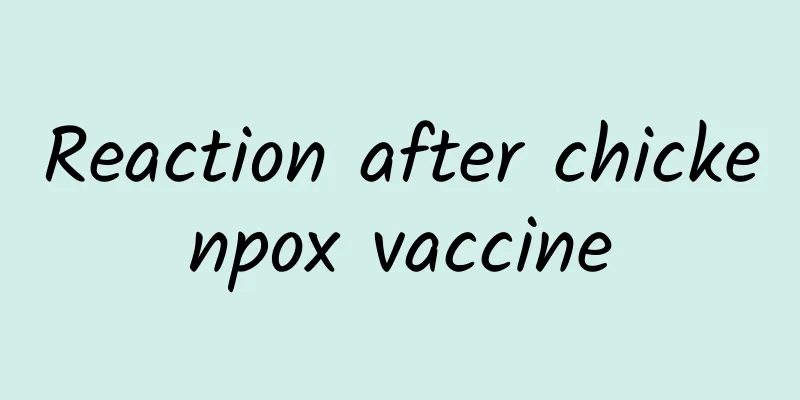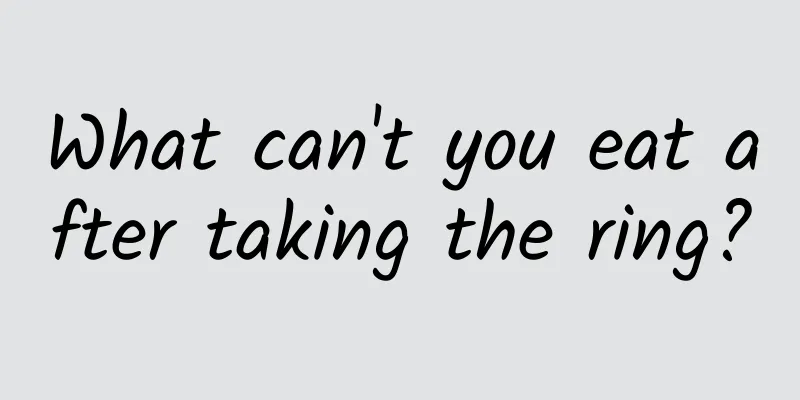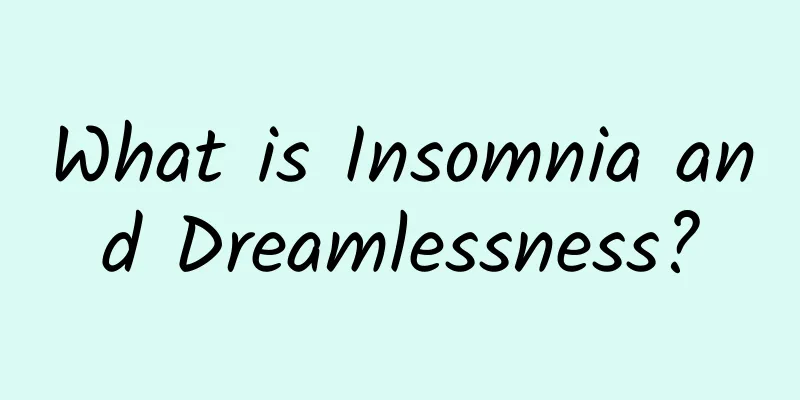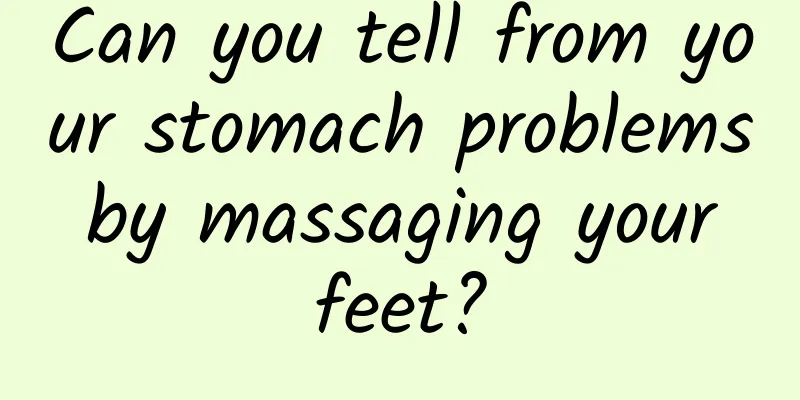Reaction after chickenpox vaccine

|
With the development of science and technology, medical care has also developed successively. Some diseases that were considered serious and incurable in ancient times have been cured today. Chickenpox is one of them. Nowadays, children generally need to be vaccinated against chickenpox. People who have been vaccinated against chickenpox generally will not get chickenpox, which plays a defensive role. There are some contraindications and reactions to the varicella vaccine, and we need to pay attention to them. Many people have received the chickenpox vaccine, and some people will have some reactions to the vaccine, while some people will not. It varies from person to person, but it is best for people who are going to receive the chickenpox vaccine to learn more about it, so that they will feel more at ease. Let’s take a look at the reactions after the chickenpox vaccine. There is generally no reaction after vaccination with the varicella vaccine. A few people may have a brief transient fever or mild rash within 6-18 days of vaccination, which generally disappears on their own without treatment. Symptomatic treatment can be given if necessary. The immunity provided by the varicella vaccine lasts longer. Surveys in the United States showed that 93% of children and 94% of adults had VZV antibodies five years after immunization, and 87% of children and 94% of adults had cell-mediated immunity. A recent report on vaccination by Ampofo et al. showed that the incidence and severity of breakthrough varicella did not increase during the 21 years since 1979, suggesting that there is no significant waning of immunity after vaccination in adults. Six weeks after vaccination, the seroconversion rate was greater than 98%. For people over 13 years old, the seroconversion rate can reach 100% after two doses (with an interval of 6 to 10 weeks). Protection against varicella is conferred through immunity within 72 hours of exposure to natural varicella infection. Contraindications: 1. The overall reactogenicity is very low in all age groups. Low fever and mild rash may occur occasionally after injection, but adverse reactions are usually mild and disappear on their own. 2. Contraindications: Vaccination should be postponed for patients with acute severe febrile diseases. People who are systemically allergic to neomycin, those with a white blood cell count of less than 1200/m3, and pregnant women should not be vaccinated. Parents who want to vaccinate their children against chickenpox should first learn more about the vaccine so that if their children develop any symptoms after vaccination, they will be aware of it. The benefits of getting the chickenpox vaccine naturally outweigh the disadvantages, and you should also have some understanding of your child's physical constitution before you can safely get the chickenpox vaccine. |
<<: Will the measles vaccine cause a fever?
>>: 7-valent pneumonia vaccine side effects
Recommend
Diet therapy for chronic pharyngitis
The biggest feature of chronic pharyngitis is its...
Axillary nerve throbbing pain
The phenomenon of throbbing pain in the axillary ...
Symptoms of Kidney Yang Deficiency
Kidney yang deficiency is a concept in traditiona...
What are the effects of ginseng dripping pills
Ginseng drops can effectively help us protect our...
Is it normal to delay your period by 4 days?
Generally speaking, a four-day delay in menstruat...
What causes itchy nipples?
There are many causes of nipple itching, mainly d...
Nutrition and efficacy of Jiangshuicai
Jiangshui dish has a relatively long history. It ...
What causes sudden loss of vision?
In daily life, sudden blindness is a common situa...
What does premature ejaculation mean?
Everyone knows that a normal person's heart n...
What is the Chinese medicine dialectic for acne on the face?
Acne is a skin disease and also the most common s...
Can moxibustion promote hair growth?
Middle-aged people always suffer from hair loss, ...
Red flower and musk cause infertility, and mugwort leaves have miraculous effects in protecting the fetus
In recent years, costume TV dramas have set off a...
What to do if there is less hair on the forehead
When it comes to hair care, you need a good metho...
What foods can't you eat if you have gout in your feet?
Gout is a common symptom in life, mainly occurrin...
Blood clots in anus
Defecation is a normal physiological reaction in ...









